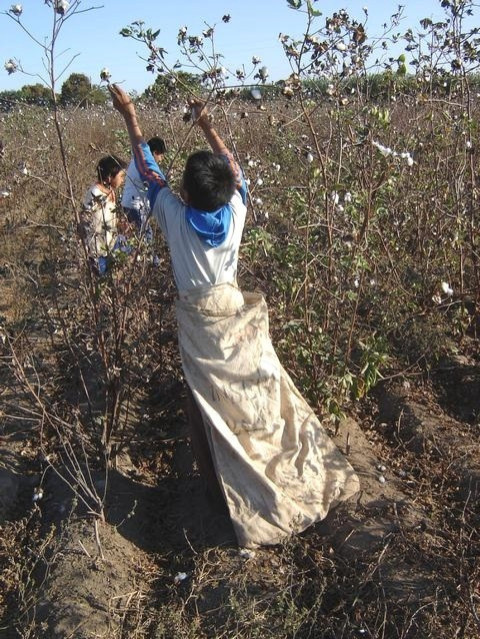Bolivia's Bill To Ban Child Labor Is Opposed By Child Workers, President Evo Morales Delays Vote To January

Bolivia’s attempt to ban child labor has found powerful opposition – enough for the government to delay its drafting of a bill. And the opponents are precisely the people the bill aims to protect: child workers.
The bill for the Código de la Niñez y Adolescencia (Code of Children and Adolescents), which prohibits young people from ages 5 to 14 years old from working, seeks to affirm the right of children to study and have access to health care and education. The proposal was presented on December 19, and it sparked a violent protest organized by a group of child laborers who demanded their right to earn a living.
“You cannot leave [us] without a job -- those of us who life has given no other choice but to work,” said Henry Apaza, a 13-year-old who helped organize the protest, and who has been working as a cigarette seller since he was 7 in the city of El Alto.
Apaza was one of 30 children who on Monday traveled to the Presidential Palace in La Paz for a breakfast meeting with President Evo Morales. Three days after their confrontation with police, who used tear gas on the minors, they were received in el Palacio Quemado. They managed to convince Congress, and Morales – a former child worker himself – to postpone the vote until January.
Morales openly supported the children’s cause, saying that child’s work cannot be forbidden – but it should not be an excuse for exploitation. “To get rid of child labor is to get rid of social conscience,” he said.
The Bolivian Ministry of Labor said that there are currently 848,000 children between 5 and 14 years of age working, 28 percent of the total population under the minimum working age of 14. This is a significant number in a country of 10.5 million people, where 59.85 percent are of working age. Most of them – 87 percent – work in dangerous jobs, like mining or factory jobs, and 77 percent do not receive a salary. Often their total earnings goes to help their families.
A small number, 2.5 percent, live below the line of poverty. Salaries range from an average of $43.50 a month for a boy working in an urban area, to $25 a month for a girl working in a rural environment.
The UN International Labor Organization said that there are over 14 million children between ages 5 and 14 working in Latin America.
© Copyright IBTimes 2024. All rights reserved.





















